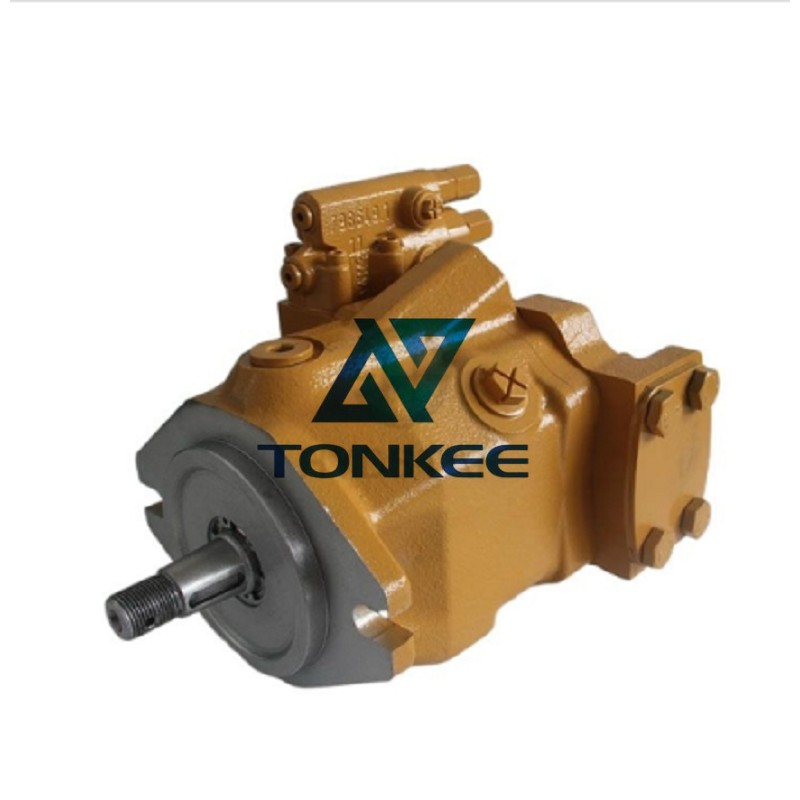
Piston pumps operate on the principle of positive displacement.
They use one or more pistons that move back and forth within cylinders to create pressure differentials, allowing fluid to be drawn in and then pushed out. This action is what enables them to move fluids effectively.
Design:
Piston pumps come in various designs, including single-acting and double-acting types. Single-acting piston pumps have one active side of the piston, while double-acting pumps have both sides working alternately. The choice of design depends on the specific application and the required flow rate and pressure.
Materials:
Piston pumps are typically constructed from materials such as cast iron, steel, stainless steel, or specialized alloys. The choice of materials depends on the nature of the fluid being pumped and the environmental conditions, including temperature and corrosion resistance requirements.
Seals:
Seals are crucial components in piston pumps to prevent leakage and maintain efficiency. Common seal materials include rubber, polyurethane, and PTFE (Teflon), chosen based on the compatibility with the pumped fluid.
Flow Rate:
The flow rate of a piston pump is a critical specification and is determined by the piston's size, stroke length, and the speed at which it reciprocates. Flow rates can vary widely, from a few liters per minute to several hundred liters per minute or more.
Pressure Rating:
Piston pumps are known for their ability to generate high pressures.
The pressure rating of a piston pump is determined by the force applied by the piston and the hydraulic resistance it must overcome. Pressure ratings can range from a few hundred psi to several thousand psi.
Viscosity Handling:
Piston pumps are versatile and can handle a wide range of fluid viscosities, from low-viscosity liquids to highly viscous materials, making them suitable for various industries, including oil and gas, chemicals, and food processing.
Efficiency:
Piston pumps are known for their high efficiency, often exceeding 90%. This means they waste minimal energy during operation, making them cost-effective and environmentally friendly.
Maintenance:
Piston pumps require regular maintenance to ensure their continued performance. Maintenance tasks may include changing seals, inspecting pistons and cylinders for wear, and cleaning or replacing filters.
Drive Mechanism:
Piston pumps are typically driven by electric motors, hydraulic systems, or pneumatic systems, depending on the application. The choice of the drive mechanism influences factors such as speed, power, and control.
Size and Weight:
The size and weight of piston pumps can vary considerably, depending on their intended use. Some piston pumps are compact and lightweight for mobile applications, while others are large and stationary for industrial purposes.
Noise Level:
The noise level generated by piston pumps can be a consideration, particularly in applications where noise reduction is essential. Some piston pump designs incorporate noise-reduction features.



 English
English Русский язык
Русский язык




